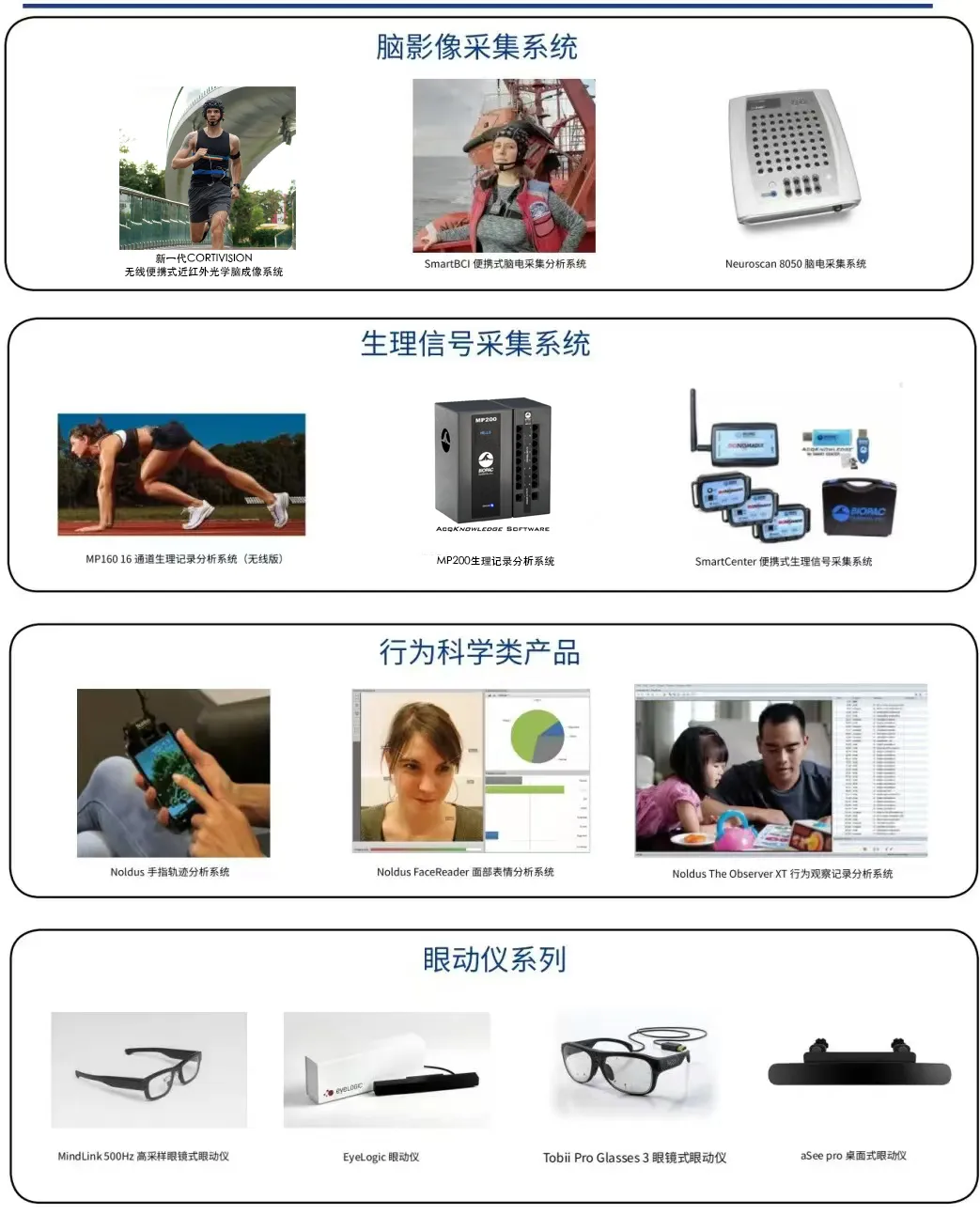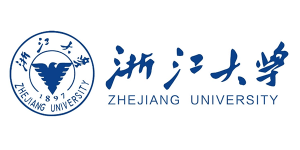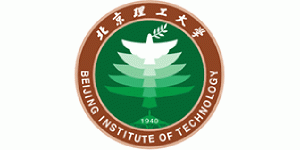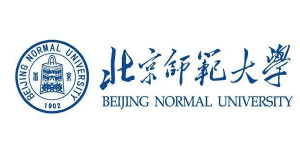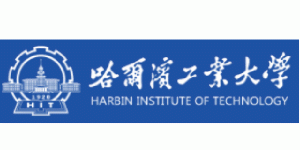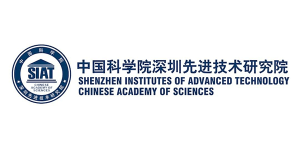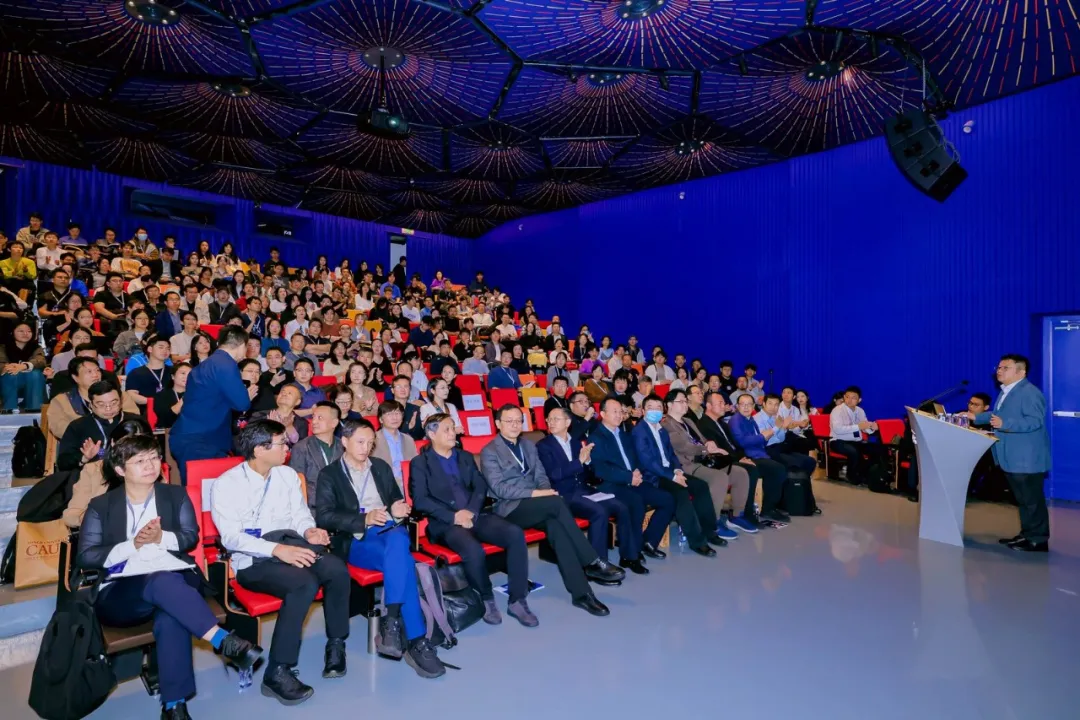


From November 13-17, 2024, the 5th Computational Design Forum 2024 with the theme of "Computational Design: The Transformation of Architecture Empowered by Artificial Intelligence" was successfully held at Tongji University in Shanghai. Under the background of today's rapid development of science and technology, the theme of "Computational Design: Transformation of Architecture Empowered by Artificial Intelligence" is close to the pulse of the times and focuses on the profound changes that will take place in the field of architecture. Computational design breaks through the limitations of manual drawing and empirical judgment in the traditional architectural design process, while the rapid rise of artificial intelligence injects vitality and intelligence into computational design.
This academic forum is co-sponsored by the Professional Committee of Computational Design of Architectural Society of China and School of Architecture and Urban Planning of Tongji University, and supported by School of Architecture and Design of Harbin Institute of Technology, Digital Future, Shanghai Architecture and Decoration Engineering Group, D5 Renderer, Architectural Design and Research Institute of Tongji University (Group) Co. Ltd, Shanghai Tongji Green Building Civil Structure Prefabricated Assembly Engineering Technology Co., Ltd, Shanghai Digital Construction Engineering Technology Research Center, Shanghai Architectural Society Digital Building Branch, with the support of Beijing Hengzhi Technology Co. This academic forum is divided into several parts, including theme report, enterprise report, session report and workshop, with a total of more than 500 participants.
Conference Opening Ceremony


Opening speeches by Mr. Feng Shihong, Executive Deputy Secretary of the Party Committee (left) and Mr. Li Cundong, Secretary General (right).


Opening speeches by Prof. Sun Cheng (left) and Prof. Wang Zhendong (right)
Conference Report and Keynote Presentation


Presentation by Prof. Mario Carpo (left) Presentation by Prof. Sun Cheng (right)


Prof. Luo Shijian giving his presentation (left) Prof. Qin Jingyan giving his presentation (right)
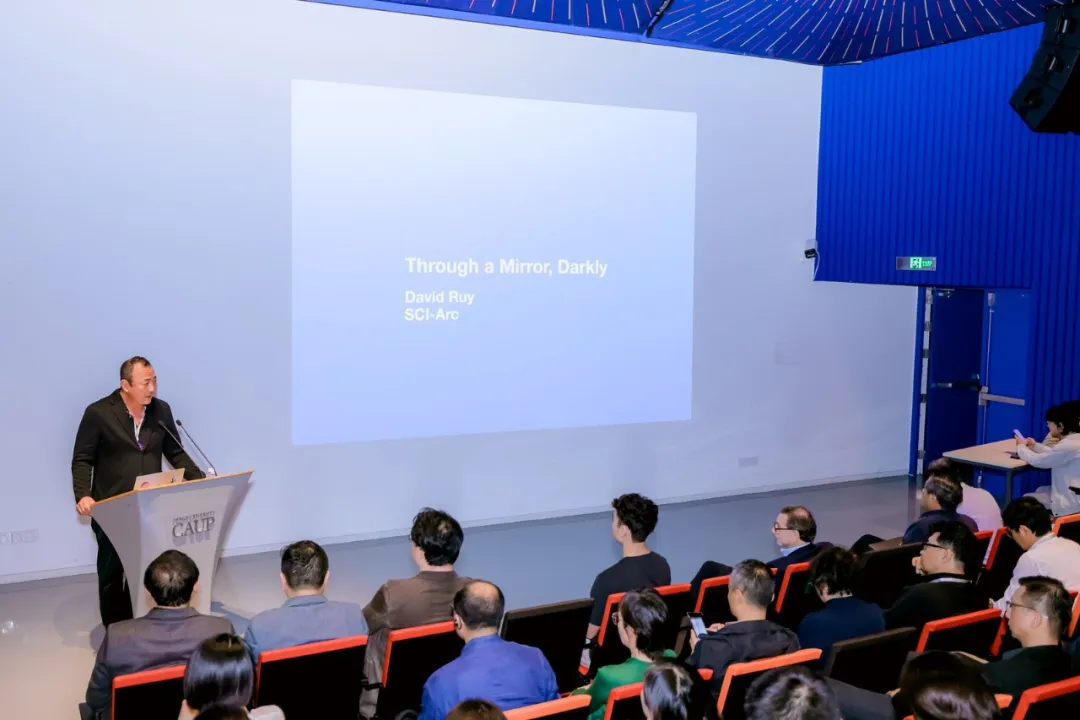


Presentation by Prof. David Ruy


Prof. Xu Weiguo giving his presentation (left) Prof. Li Biao giving his presentation (right)


Prof. Nicco Xu giving his presentation (left) Prof. Yuan Feng giving his presentation (right)


Chief Engineer Lian Zhen made a report (left) Director Jiang Jiacheng made a report (right)


Presentation by Prof. Carlo Ratti
moment of truth


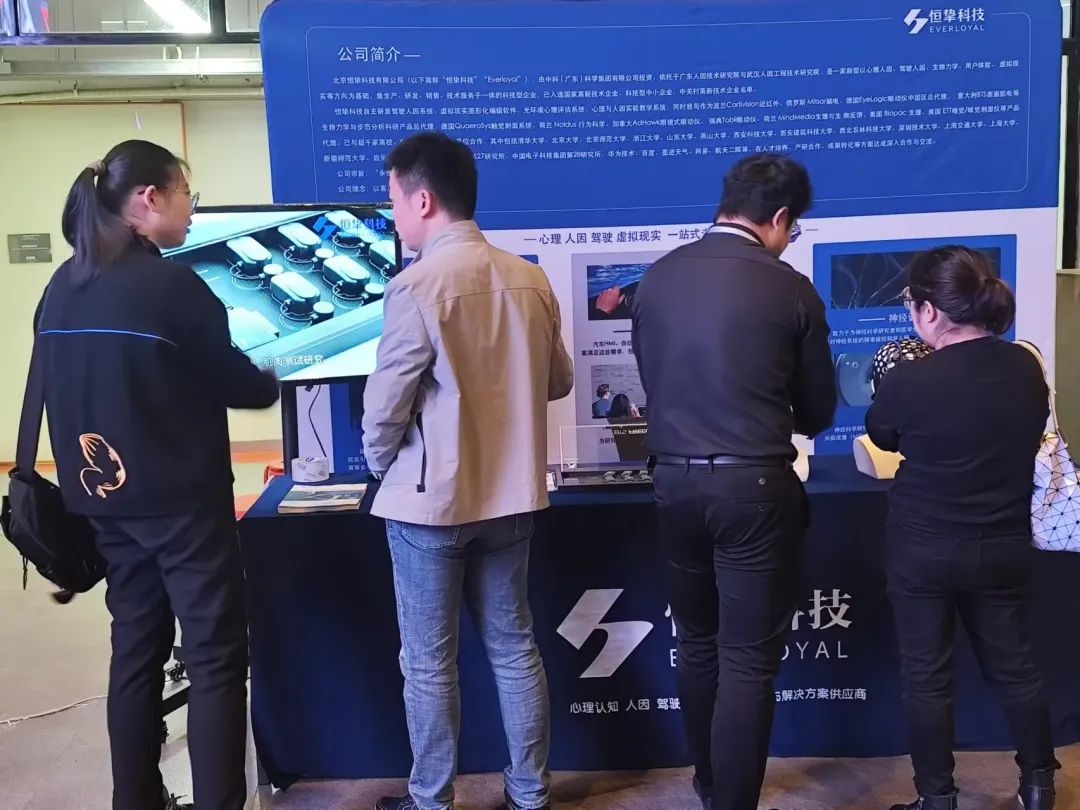

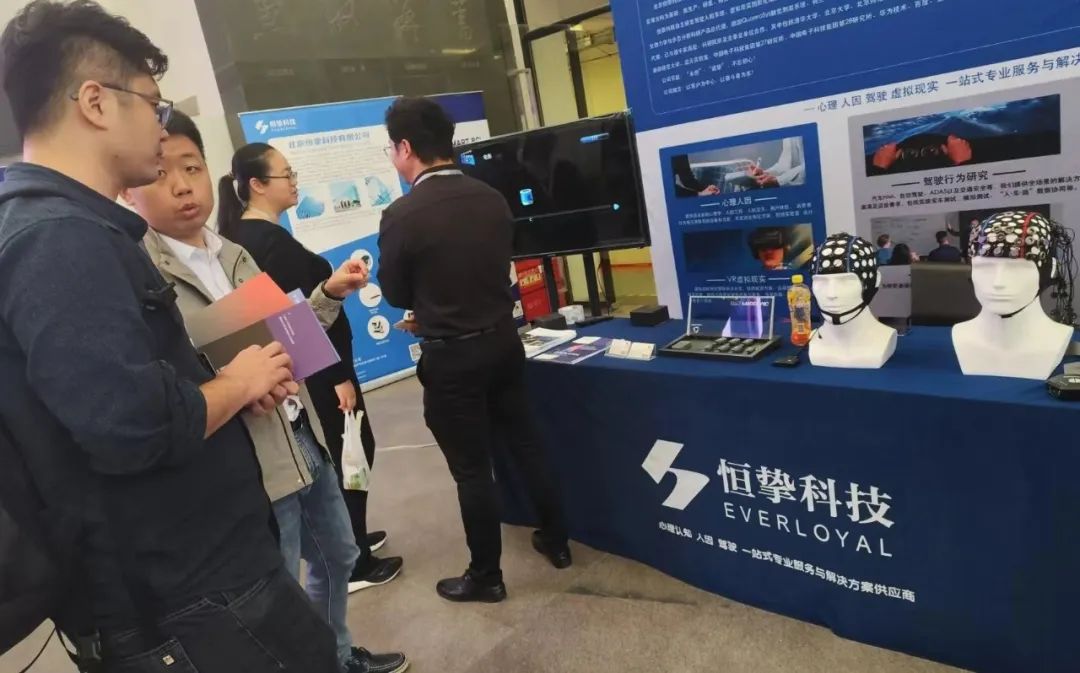

Li Min, Head of East/Central China Region, Hengzhi TechnologiesIntroducing the Cortivision Wireless Portable NIR Optical Brain Imaging System for experts and scholars.
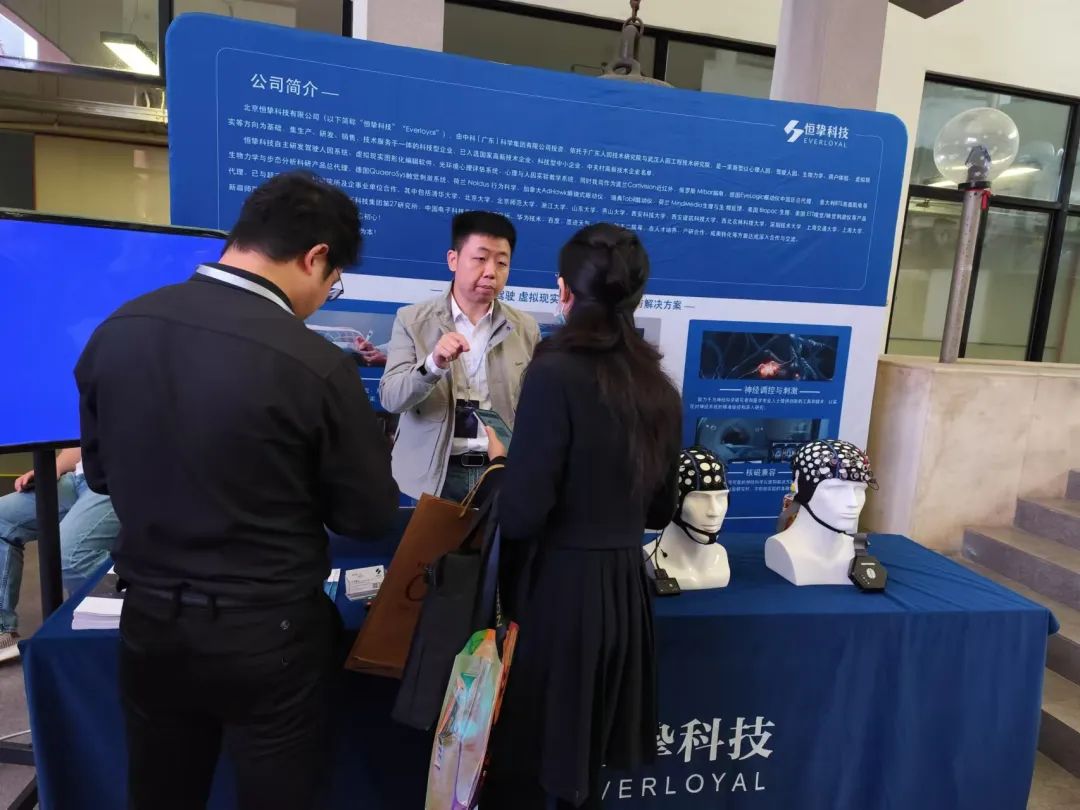

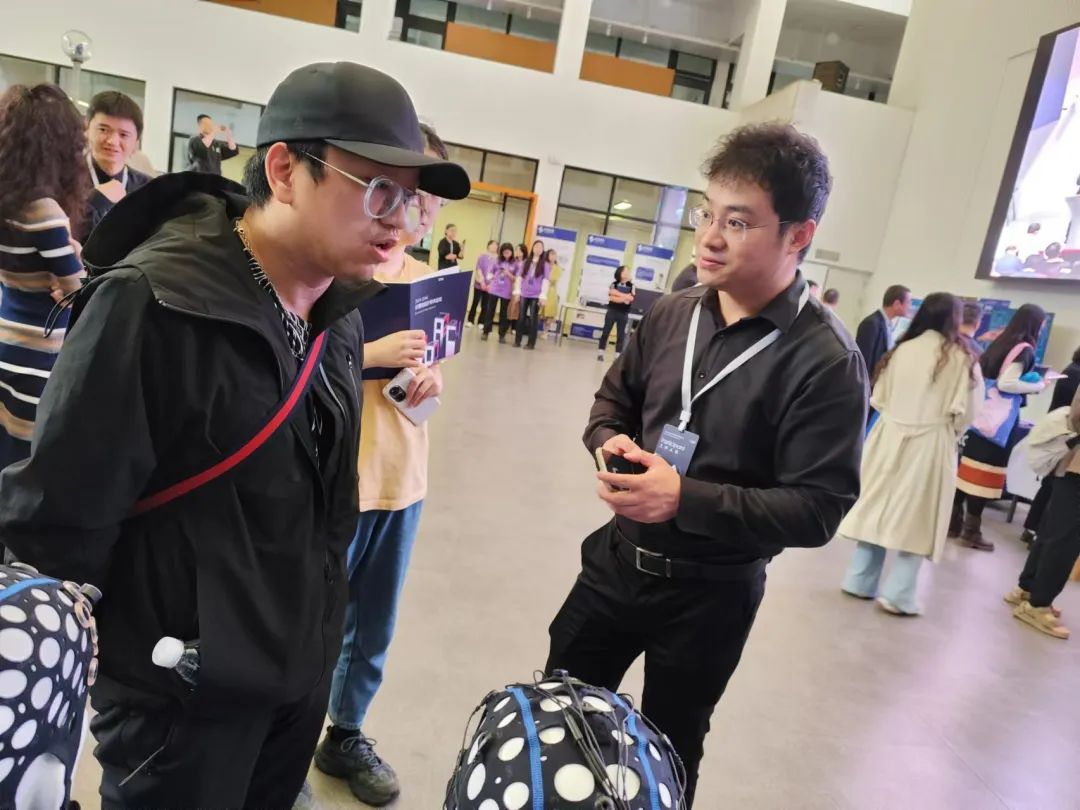



Company Profile



